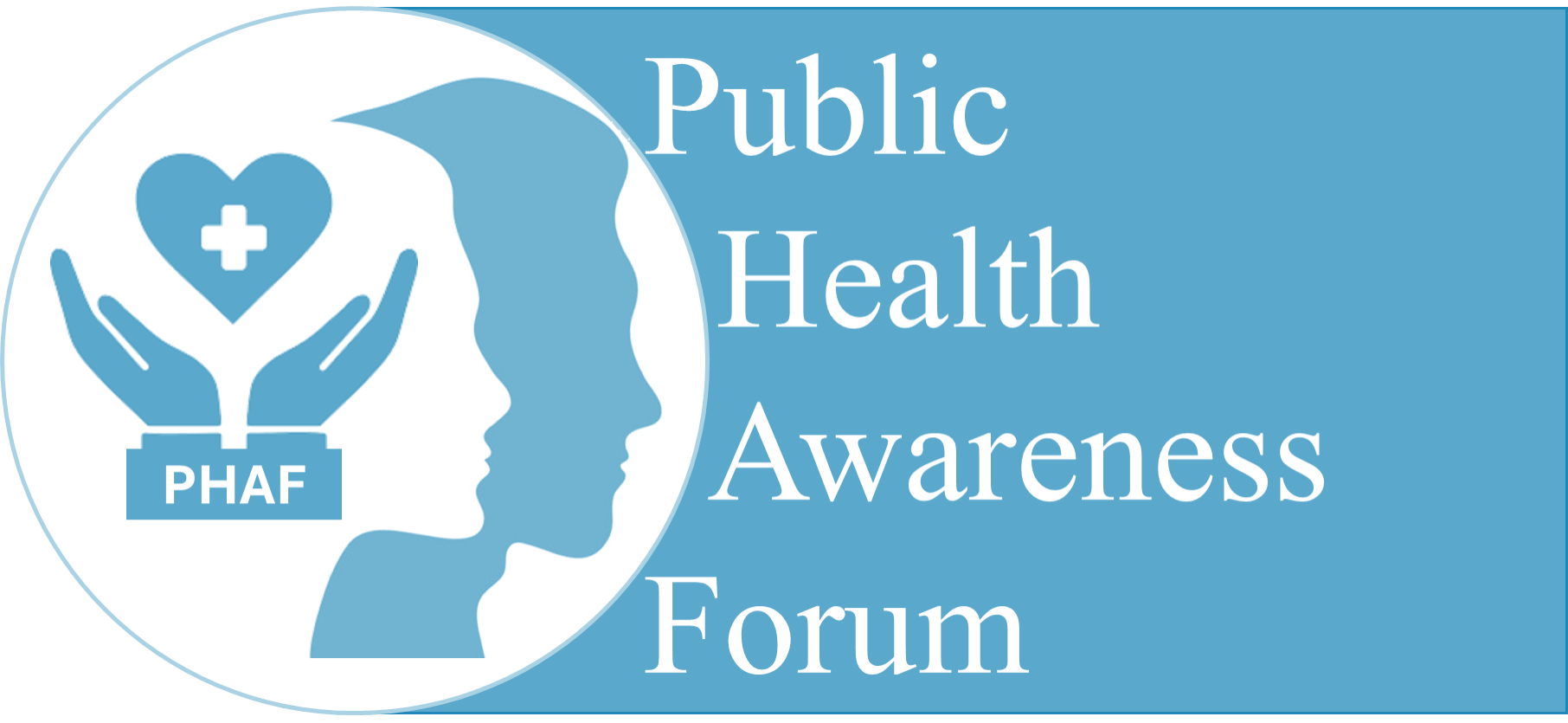Secondhand smoke or passive smoking is the smoke inhaled by persons in the immediate vicinity or background from smokers through cigarette, cigar, e-cigarette, pipes etc. Other likely sources of secondhand smoke are bars and restaurants, workplaces, home, cars, construction sites, recreational spaces such as parties, gardens.
Secondhand smoke is very dangerous because it releases very toxic chemicals which are unfiltered unlike the chemicals exhaled by a smoking person. Secondhand smoke is the mixture of mainstream smoke (smoke exhaled by a smoker) and side-stream smoke (smoke from the end of cigarettes, cigar and hookah).
Composition of secondhand smoke
Secondhand smoke is mainly made up of toxic, harmful and life-threatening chemicals such as formaldehyde, vinyl chloride, arsenic, ammonia, carbon monoxide, benzene and hydrogen cyanide. Smoke due to smoking/burning of tobacco has been found to contain 7000 chemicals. Of these, around 70 have been found to be capable of causing cancer.
Major symptoms/complications observed due to inhalation of secondhand smoke in adults
- Lung Cancer: The harmful chemicals in secondhand smoke as mentioned earlier affect the natural DNA repair mechanism of the body cells. Normally this mechanism repairs any mutations in our cellular DNA during cell development and stops development of new cells and subsequent cell division containing the faulty DNA. Any disruption of this mechanism will lead to uncontrolled growth of new cells containing faulty DNA which eventually forms cancer. Non-small cell lung cancer is the most common lung cancer among people exposed to secondhand smoke on a daily basis and has proved fatal. Secondhand smoke can also cause other cancers like breast cancer, brain cancer, stomach cancer, rectal cancer and bladder cancer.
- Heart Disease: People inhaling secondhand smoke on a daily basis have been diagnosed with atherosclerosis (hardening and blocking of the arteries) leading to high blood pressure which has increased incidence of heart attacks and death. The harmful toxins in this smoke have been shown to affect the proper development and functioning of the various blood vessels of the body and the heart tissues making people prone to heart attacks and stroke.
- Lung Disorders: Secondhand smoke inhalation has been associated with incidence of many other lung diseases such as chronic obstructive pulmonary disease, asthma, bronchitis, pneumonia, allergies. The toxic chemicals have damaged the cilia (hair-like structures responsible for clearing mucus from the lungs), led to a hypersensitive immune system and overproduction of mucus. This has increased mortality rates worldwide.
Symptoms/complications due to inhalation of secondhand smoke in infants and children
- Sudden Infant Death Syndrome: When a healthy infant passes away before the age of 1 year without any known cause, it is known as sudden infant death syndrome (SIDS). Exposure to secondhand smoke on a daily basis has caused many infant deaths due to SIDS. Since the organs, immune system of infants is not yet completely developed, continuous inhalation of the toxic chemicals of second-hand smoke makes infants highly prone to SIDS.
- Respiratory System Disorders: Continuous exposure to secondhand smoke has led to high incidence of asthma, bronchitis, chronic obstructive pulmonary disease (COPD), pneumonia and underdeveloped lungs in children. Frequent coughing, sneezing, shortness of breath are the common respiratory symptoms.
- Ear Drainage Issues: Children have suffered from fluid build-up in the ears leading to ear infections due to the toxic chemicals inhaled from exposure to second-hand smoke.
Ways to avoid or limit exposure to secondhand smoke
The important precautions that should be taken to avoid long term exposure to secondhand smoke are:
- If there is any family member who regularly smokes, they should quit it as soon as possible to protect themselves as well as their family members.
- When outside, avoid areas with high construction activity so as to protect from the harmful toxins of construction dust. Avoid going to highly polluted areas.
- If there are guests coming over, do not allow anyone to smoke inside the house. Instruct them to smoke outside if they cannot avoid such that cigarette smoke does not enter the house.
- If any family member, friend or any close person is finding it difficult to quit smoking, help them get de-addiction therapy.
- If exposure to secondhand smoke is unavoidable, wear a mask at all times.
Conclusion
Pollution across the world is increasing at an alarming pace. Boom in construction activity, the ever-increasing vehicular traffic, no regulation or ban on the use of cigarettes has caused deaths in numbers never imagined before. Stricter and tighter regulations with harsher punishments are the need of the hour if we want to reduce the massive human cost of second- hand smoke.


